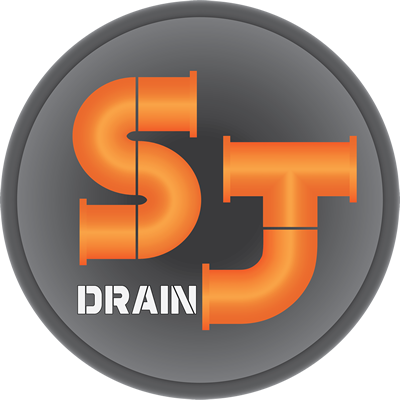Most blocked drains could be easily prevented with a little care. We would advise not to flush any non-dissolvable items, such as face wipes, cleaning wipes, pads, green/blue paper down the toilet.
Scrape all food waste from plates and dishes into the bin and not down the sink. Do not pour old fat/oil into a drain, put it into a container and bin it.
Use strainers over sink waste outlets to prevent hair, food, etc, entering the pipe work.
Check all drain covers are correctly seated to prevent debris entering.
In general if your property drainage is part of a shared system then the local water authority may be responsible for its up keep.
If your property has a single drain i.e. not connected to your neighbours and discharges directly into a public sewer then the freeholder is usually liable for its upkeep.
Do not neglect an overflowing drain as there may be an underlying issue that could be detrimental to your property.
Do not pour any hazardous wastes such as oils or paints into your drainage system, you may be inadvertently polluting a local water course or contributing to blockages.
Make sure that your system does not have any illegal connection i.e foul waste from a sink that is connected into the stormwater drain.
Strong bad smells could indicate a blockage if you are not sure then contact an expert.



